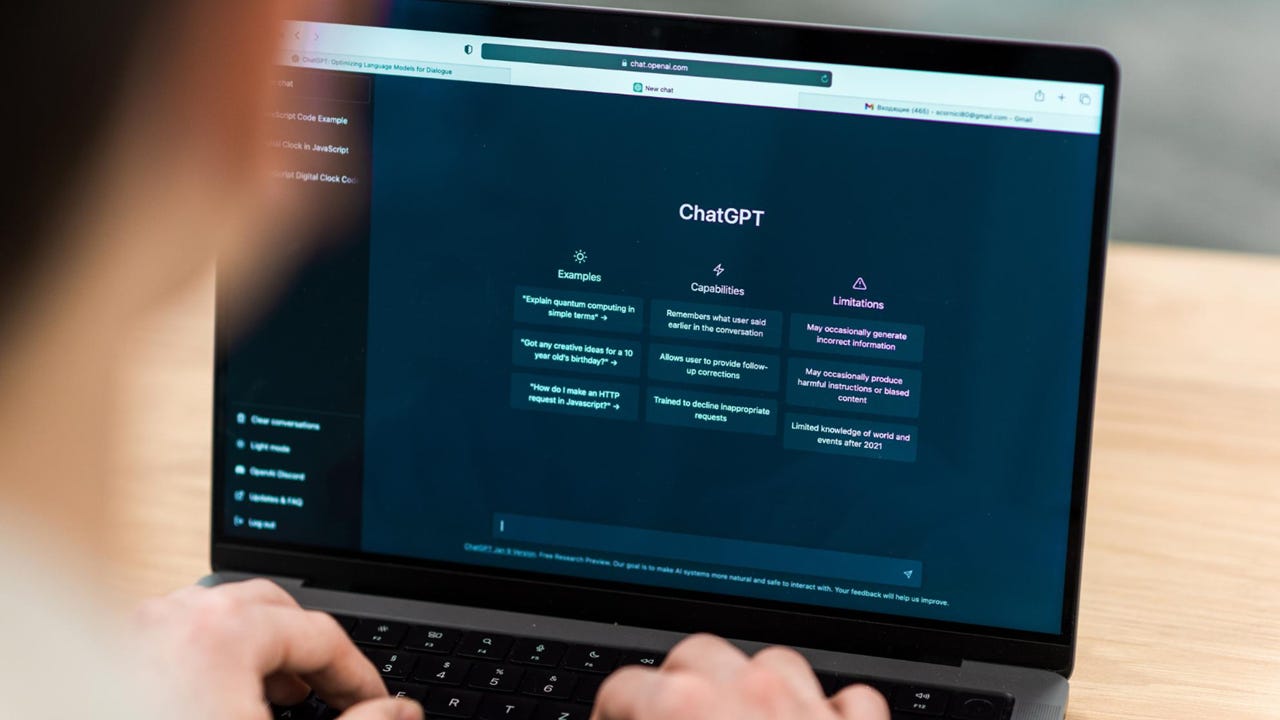70% of UAE consumers have used AI assistants to shop
Privacy concerns abound regarding retailers use of AI
#UAE #RetailTech - UAE consumers are rapidly adopting AI shopping assistants with usage surging 44% since 2024, according to global payment platform Adyen's UAE Retail Report 2025. Amsterdam-headquartered financial technology company Adyen reports that 70% of UAE consumers have used ChatGPT or similar AI assistants for shopping*: more than double the 34% average across Europe, the Middle East and Africa. The study shows 21% of UAE residents tried AI shopping for the first time in the past year.
SO WHAT? - The rapid adoption signals a significant shift in consumer behaviour towards AI First shopping habits that retailers cannot ignore. With nearly two-thirds (62%) of UAE consumers open to making future purchases through AI, businesses face both opportunity and urgency to integrate AI into their retail strategies or risk losing competitive advantage in a market where shopping journeys are increasingly AI-assisted. However, consumers also have concerns about retailers’ use of AI.
Here are some key takeaways from the UAE Retail Report:
70% of UAE consumers have used ChatGPT or similar AI assistants for shopping*, according to global payment platform Adyen's UAE Retail Report 2025. According to the report UAE consumers use of AI assistants for shopping has surged 44% since 2024 and is well above the Europe, Middle East and Africa (EMEA) average of 34%.
Younger demographics dominate AI shopping adoption with 74% of Gen Z and 75% of Millennials having used AI assistants for shopping in the past year, compared to just 33% of Baby Boomers.
Two-thirds of UAE shoppers cite specific advantages of AI shopping assistants: 66% say AI helps cut through online noise, 65% believe it provides faster inspiration, and 61% use it to combat information overload on social media.
Consumer sentiment remains mixed, with 23% of UAE shoppers expressing discomfort interacting with retailers’ AI during online shopping and 8% avoiding AI assistants due to trust concerns about poor recommendations.
Personalisation presents a paradox for retailers, as 58% of consumers find AI-powered personalisation helpful, while 30% consider tracking of purchase and browsing history invasive.
Retailers are responding with substantial AI investments, with 71% of UAE retailers placing AI among their top investment priorities for 2025, significantly ahead of other initiatives.
The specific AI investment focus splits across key business functions: 41% plan to leverage AI for sales and marketing, 39% for security and fraud prevention, and 37% for product development.
Despite growing AI acceptance, 20% of UAE consumers worry that retail AI increases vulnerability to fraud and scams, highlighting the need for retailers to balance innovation with security.
ZOOM OUT - Until now, AI's role in retail has been largely confined to research and comparison shopping, with consumers using assistants to discover products and read reviews before completing purchases elsewhere. This paradigm is poised for dramatic change as OpenAI, Mastercard and Visa recently announced initiatives enabling AI assistants to facilitate actual purchases. While UAE consumers are already embracing AI for product discovery at remarkable rates, the coming transition from "AI-assisted shopping research" to "AI-completed transactions" represents the next frontier. This shift mirrors previous digital retail revolutions like e-commerce and mobile shop.
* ‘Shopping’ in this case probably does not include the order and payment. In the past, when consumers say that they use AI assistants for shopping, this has meant they use them for researching products, product comparisons and recommendations, not actual purchases. This will likely change soon.
[Written and edited with the assistance of AI]



